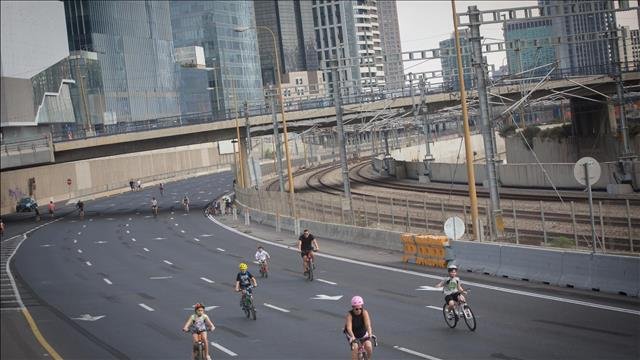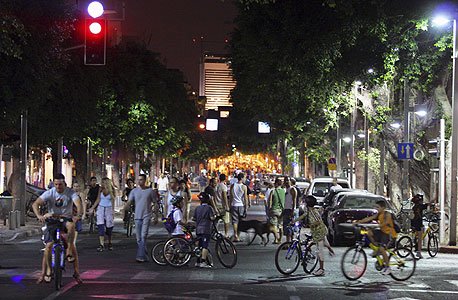Yom Kippur: The Jewish Day of Atonement

RAVEH Or
First-year doctoral course student, Department of Complexity Science and Engineering

Dear readers, do you sometimes feel regret or the need to reflect on some of your past actions? In my home country of Israel, every autumn, we celebrate a holiday called Yom Kippur. Directly translated as “the Day of Atonement,” it is a very important day for Jewish people both in Israel and in countries around the world.
During Yom Kippur, one reflects on two different kinds of sins committed during the past twelve months. The first sin is one committed against God’s will and in this case, one confesses to God and asks for forgiveness. The second kind of sin is one that is committed against another person, which can entail not only large sins, such as criminal activity, but also actions that might have caused discomfort to another person. In this case, one should reflect on all of these sins and directly ask forgiveness from the person affected.
To remain pure and able to concentrate on atonement, there are several rules that should be observed during the twenty-five hours of Yom Kippur. Examples include the prohibition on eating, drinking, and bathing. Performing many kinds of work and driving vehicles are also forbidden during Yom Kippur.
In Israel, where Jewish people are the majority of the population, Yom Kippur creates a unique atmosphere across the country. Just before it gets dark and Yom Kippur begins, families eat their last meal together. Then, the sound of cars, buses, and trains disappear; the airport also closes, and television broadcasts stop. For one day, one seems to be living in a different world—one without noise or pollution.
There are some Jewish people who choose not to fast during Yom Kippur, as was the case with my family. When I was a child, I used to ride a bicycle with my friends on Yom Kippur and race across empty highways or watch movies we had rented beforehand. My brother had many friends who did not fast as well, so they used to buy food before Yom Kippur and eat it together at my parent’s house, because their parents were fasting and did not allow them to eat at home.

Children riding bicycles through the city with no cars and trains running

Bustling Tel A-viv

Prayers at a synagogue
vol.41
- Cover
- REDEFINE THE VALUE OF WATER FOR BETTER SOCIAL SYSTEMS
- Realizing Advanced Nuclear Fusion and Creating Antimatter Plasma: Learning From Natural Phenomena
- Clarifying the Biological Significance of Susceptibility Variants for Common Diseases
- Formulating Visually Perceived Environments: Impressions of Interior and Light Environment
- GSFS FRONTRUNNERS: Interview with an entrepreneur
- Voices from International Students
- ON CAMPUS x OFF CAMPUS
- EVENT & TOPICS
- INFORMATION
- Relay Essay
